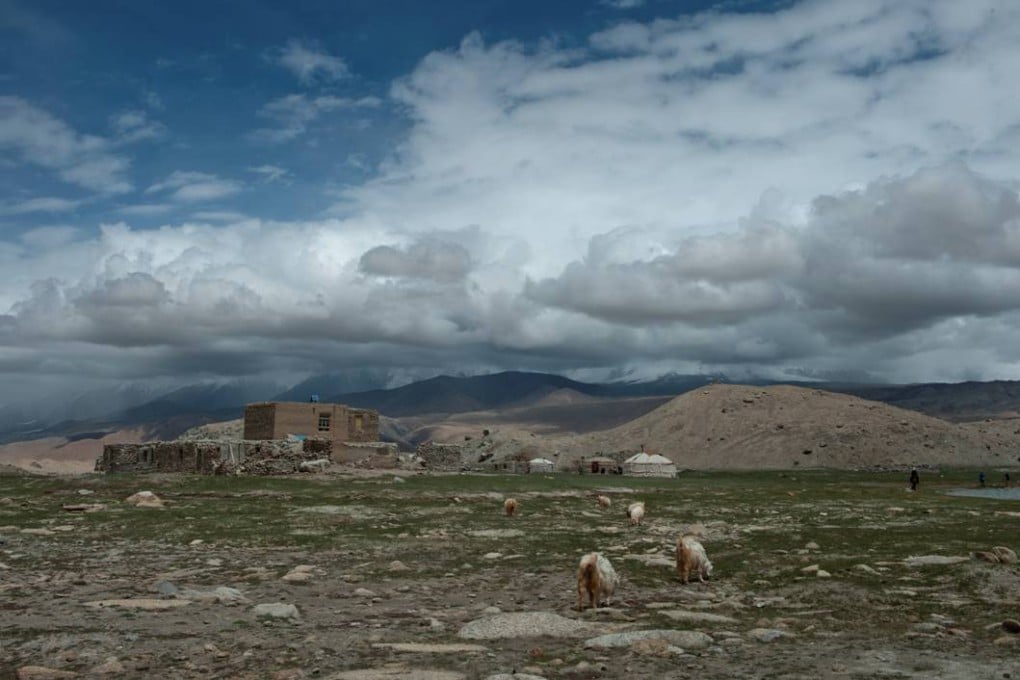China's global footprint is part of its plan to become the heartland of Asia
Sonny Lo says this geopolitical strategy directs its foreign relations and development projects

China under Xi Jinping has adopted a so-called "heartland" geopolitical strategy not only to counter outsiders' perception of a "China threat" but also to project an image of a peaceful, self-confident and assertive nation.
When geographer Halford MacKinder wrote in 1904 that China was subject to foreign invasion and that the "heartland of the world" was centred on a huge part of the Eurasian region, mostly covering Russia, the Qing dynasty was so weak that it did not even have a geopolitical strategy.
Now, 110 years later, China is crafting its own borders to constitute the "heartland of Asia" - if not the world - a strategic position it will staunchly defend.
Xi will protect the Chinese heartland with hard power, by consolidating the strength and capability of the military, while utilising soft power through the spread of Chinese values and culture in surrounding regions.
With the establishment of the National Security Commission, Beijing sees its borderland regions, including most notably Hong Kong, Xinjiang and Tibet, as having geostrategic importance. Hence, it will not tolerate any separatist sentiment.
This explains the straightforward Chinese position towards Hong Kong's umbrella movement: another "colour revolution" providing a Trojan Horse for foreign countries to influence not just Hong Kong's political system but also the mainland in the long run.